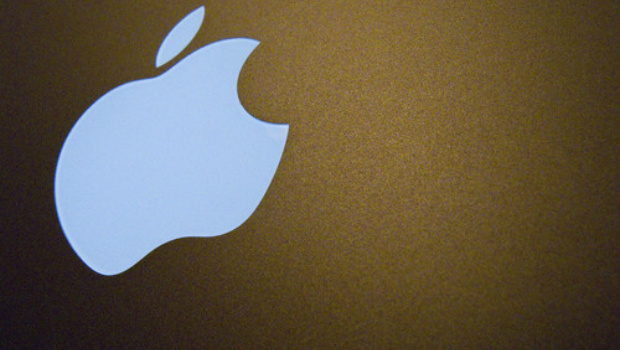Apple will turn back the clock to 2009, and as it did with that year’s OS X Snow Leopard, focus less on shiny new features in the next Mac operating system and more on improving quality, performance and stability, an online report asserted last week.
According to a Friday report by 9to5Mac.com, which cited “multiple sources familiar with [Apple’s] operating system development plans,” 2015’s OS X will be billed as a “big focus on quality” to answer bugs that plagued the last two upgrades, 2013’s Mavericks and last year’s Yosemite.
If that sounds familiar to long-time Mac owners, it should: In 2008, when Apple began talking up Snow Leopard, aka OS X 10.6, it stressed that the new operating system would focus on performance and stability improvements and that it would lack the kind of flashy interface or feature changes users had come to expect. The Cupertino, California, company went so far as to tout Snow Leopard as “taking a break from adding new features”.
Apple released Snow Leopard in August 2009. It was the first to be priced under €100: Snow Leopard’s €30 was just a fourth the cost of its forerunner, Leopard.
Since then, Apple has shifted to an annual OS X upgrade cadence, eliminated the price tag and tapped California locales rather than felines for each edition’s nickname.
9to5Mac.com said that while OS X 10.11 will include new features, that list will be shorter than usual. Apple’s developers, the publication claimed, have realised that annually adding new features to the mature operating system was difficult.
Instead, quality is to be the watchword.
If accurate, and more importantly, executed, that strategy should please those who have suffered through long-running bugs in the latest editions – persistent problems with Wi-Fi have hampered users for months – and others who have criticised Apple for dropping the quality ball.
Earlier this year, influential blogger Marco Arment, best known as the creator of Instapaper, blasted Apple for what he called “embarrassing bugs and fundamental regressions“.
Arment blamed Apple’s annual upgrade pace. “We don’t need major OS releases every year. We don’t need each OS release to have a huge list of new features,” Arment wrote. “We need our computers, phones, and tablets to work well first so we can enjoy new features released at a healthy, gradual, sustainable pace.”
Public view
By most public measurements, Snow Leopard was a major success for Apple: At its mid-2011 peak, OS X 10.6 powered more than two-thirds of all Macs, a number follow-ups have yet to match. But it’s impossible to claim that Snow Leopard’s focus on quality was the cause, as there were other factors involved in both its adoption rate and its slower-than-usual decline, including the cheaper price, its arrival two years after its forerunner, and being the final edition to run ancient applications written for the PowerPC processor, which Apple used before switching to Intel CPUs in 2006.
In the last three years, Snow Leopard’s user share, an estimate of the portion of computers worldwide that run a specific OS, has fallen five-fold, from 42% of all Macs to just 8%, according to analytics vendor Net Applications. Even so, Snow Leopard powered more Macs last month than did either Lion or Mountain Lion, the 2011 and 2012 upgrades that followed.
If 9to5Mac.com is right and OS X 10.11 is presented as a pause for stability and performance, Apple may repeat the naming style of Snow Leopard for the new edition. In 2009, when the Cupertino company announced the impending release of Snow Leopard, an executive said, “We want to build a better Leopard, hence Snow Leopard.”
Apple could replicate that convention – and remind users of the connection to OS X 10.10 – by tagging this year’s upgrade with a name from within Yosemite National Park, such as El Capitan or Half Dome, Merced [River] or Vernal [Fall].
OS X 10.11 will get its first public showing during the opening keynote address of Apple’s Worldwide Developers Conference on 8 June.
Computerworld








Subscribers 0
Fans 0
Followers 0
Followers